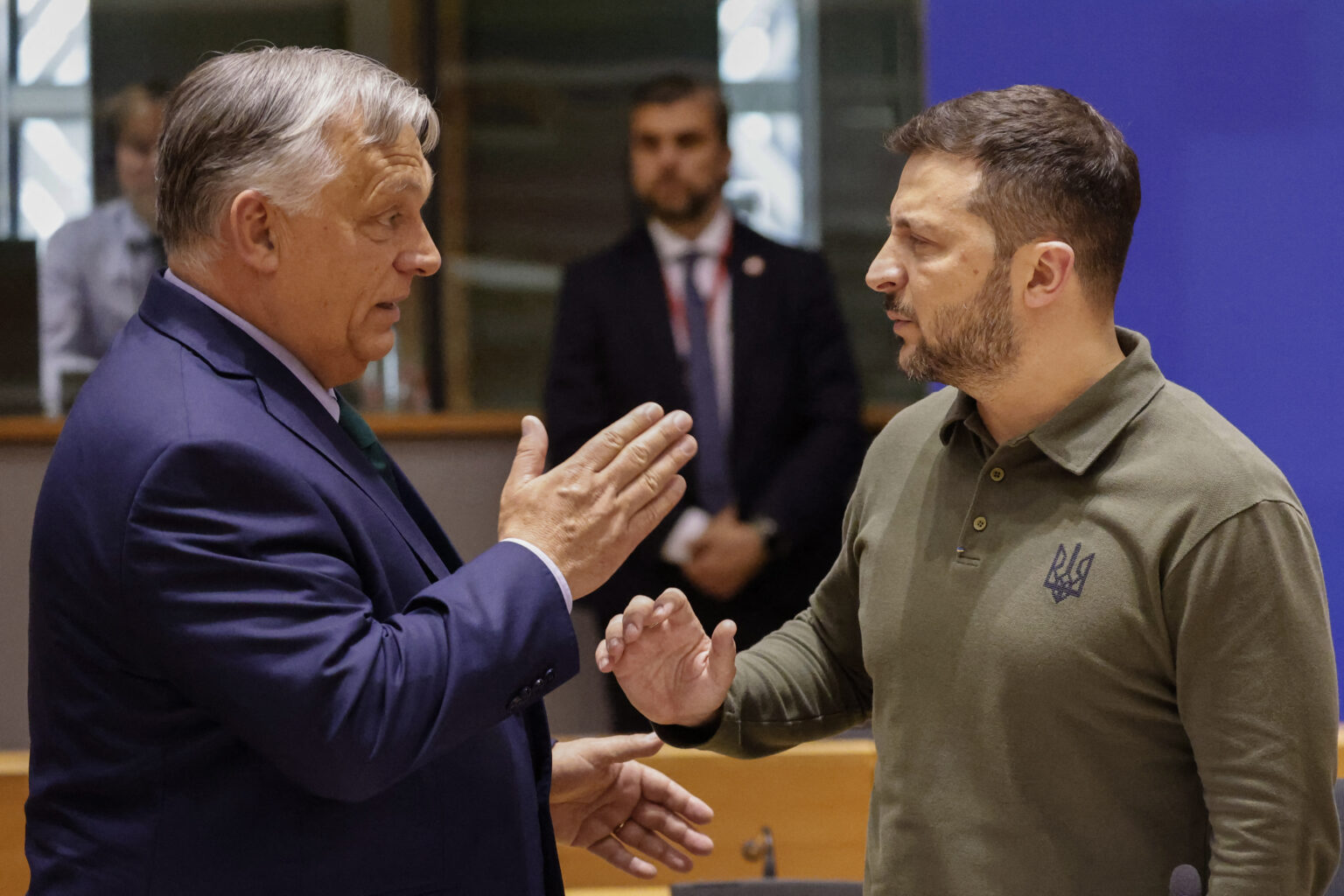
Prime Minister Viktor Orbán accused Ukraine of ‘blackmailing’ Hungary by halting oil transit through the Druzhba pipeline, warning that Kyiv and Brussels are applying growing pressure to force Budapest into a pro-war European coalition. Hungary has halted diesel exports to Ukraine in response while insisting its own energy supply remains secure.
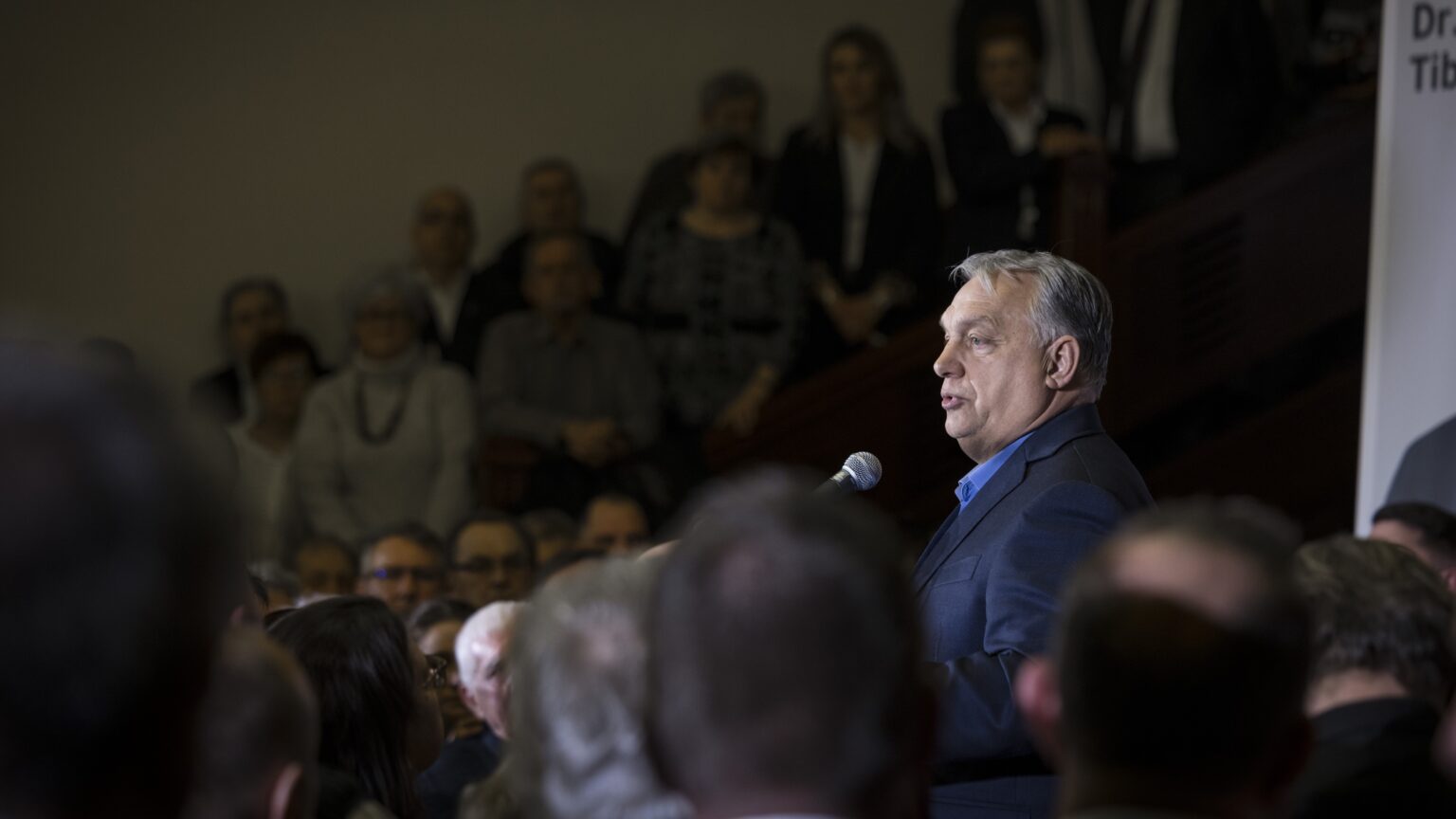
A majority of Hungarians believe only Prime Minister Viktor Orbán would be able to resist pressure from Brussels in debates over joint EU borrowing and financial support for Ukraine, according to a new Századvég survey.
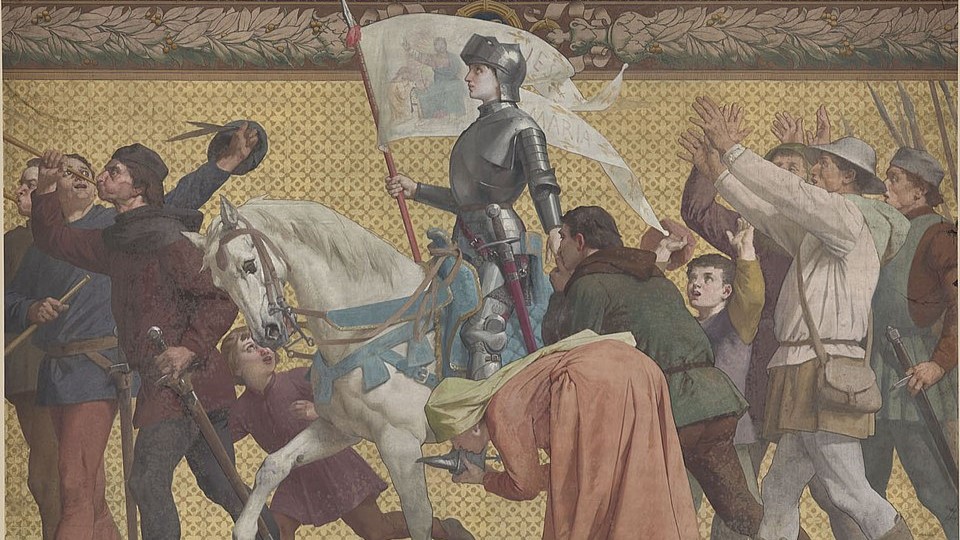
In a new production of George Bernard Shaw’s 1923 play Saint Joan at the Citizens Theatre in Glasgow, United Kingdom, the titular character Joan of Arc is being played by black actress Mandipa Kabana. This is yet another instance of a white historical figure being portrayed by an actor of colour.
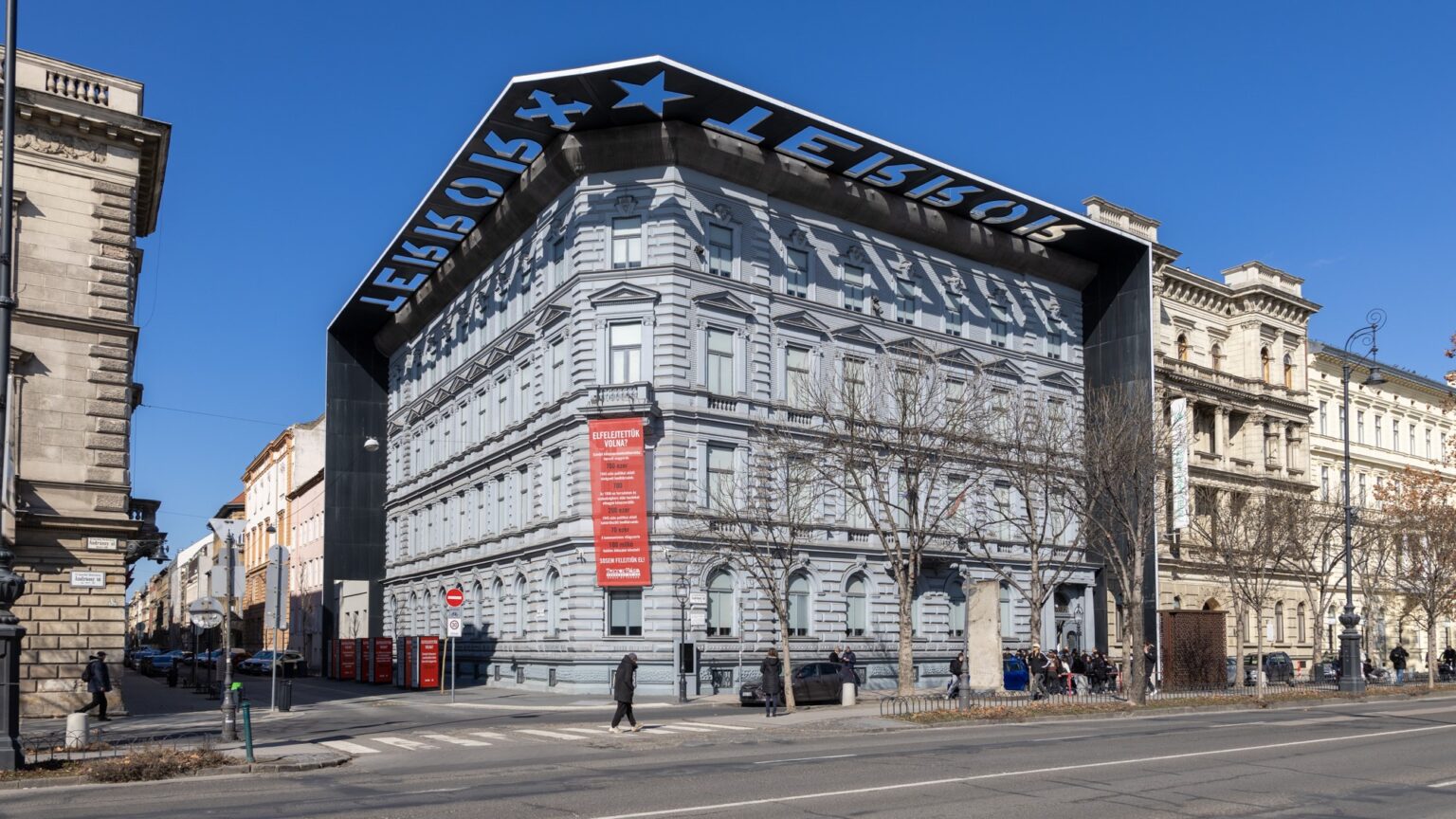
The House of Terror Museum will mark the Memorial Day for the Victims of Communism with special history lessons, exhibitions, theatre performances and free admission between 17 and 27 February, alongside commemorative events in Hungary and abroad.
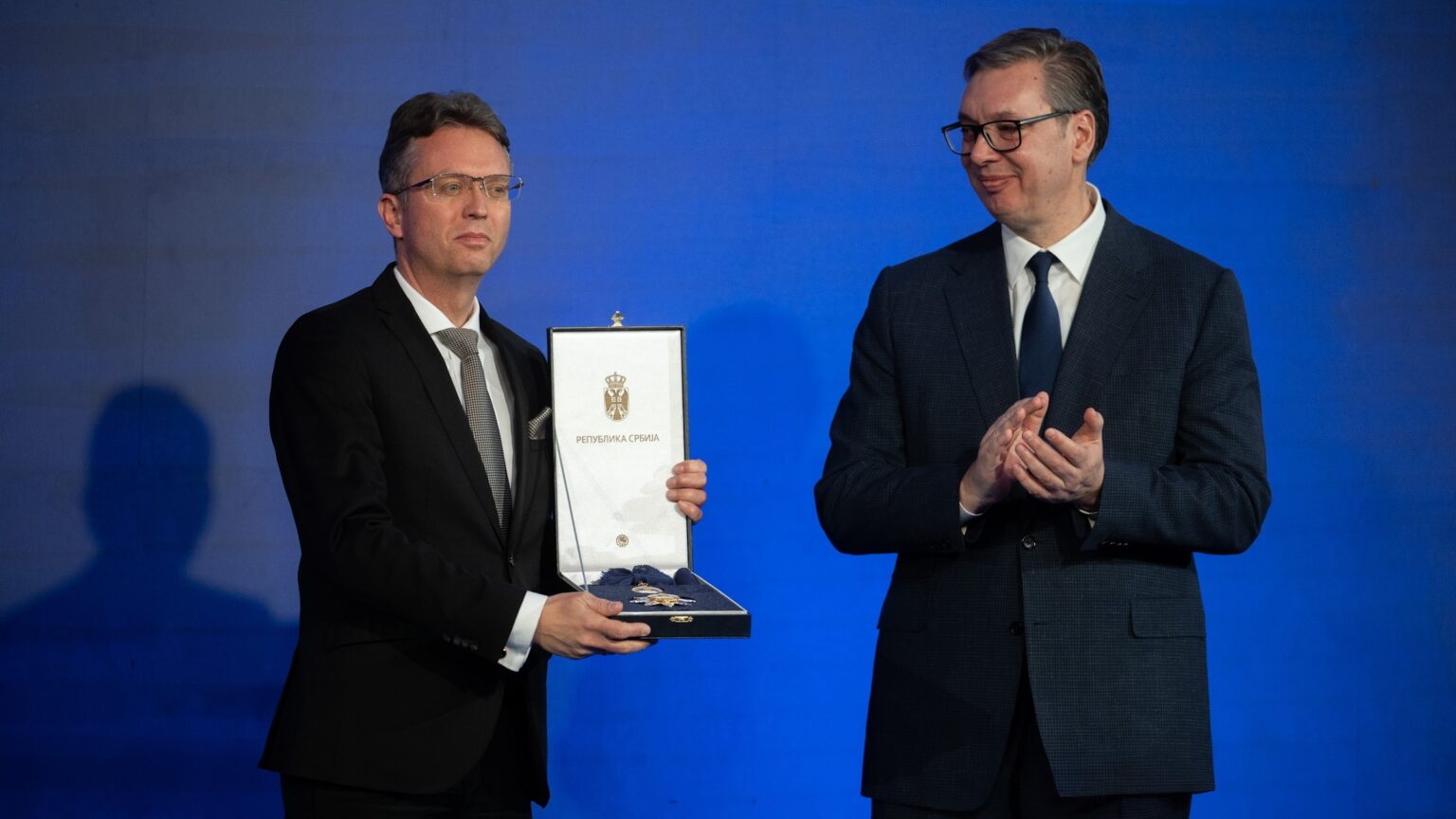
Hungary and Serbia enjoy outstanding cooperation beyond economic ties, underpinned by what the culture and innovation minister called patriotic Christian leadership in both countries, as a joint cultural season and youth safety programme were highlighted.
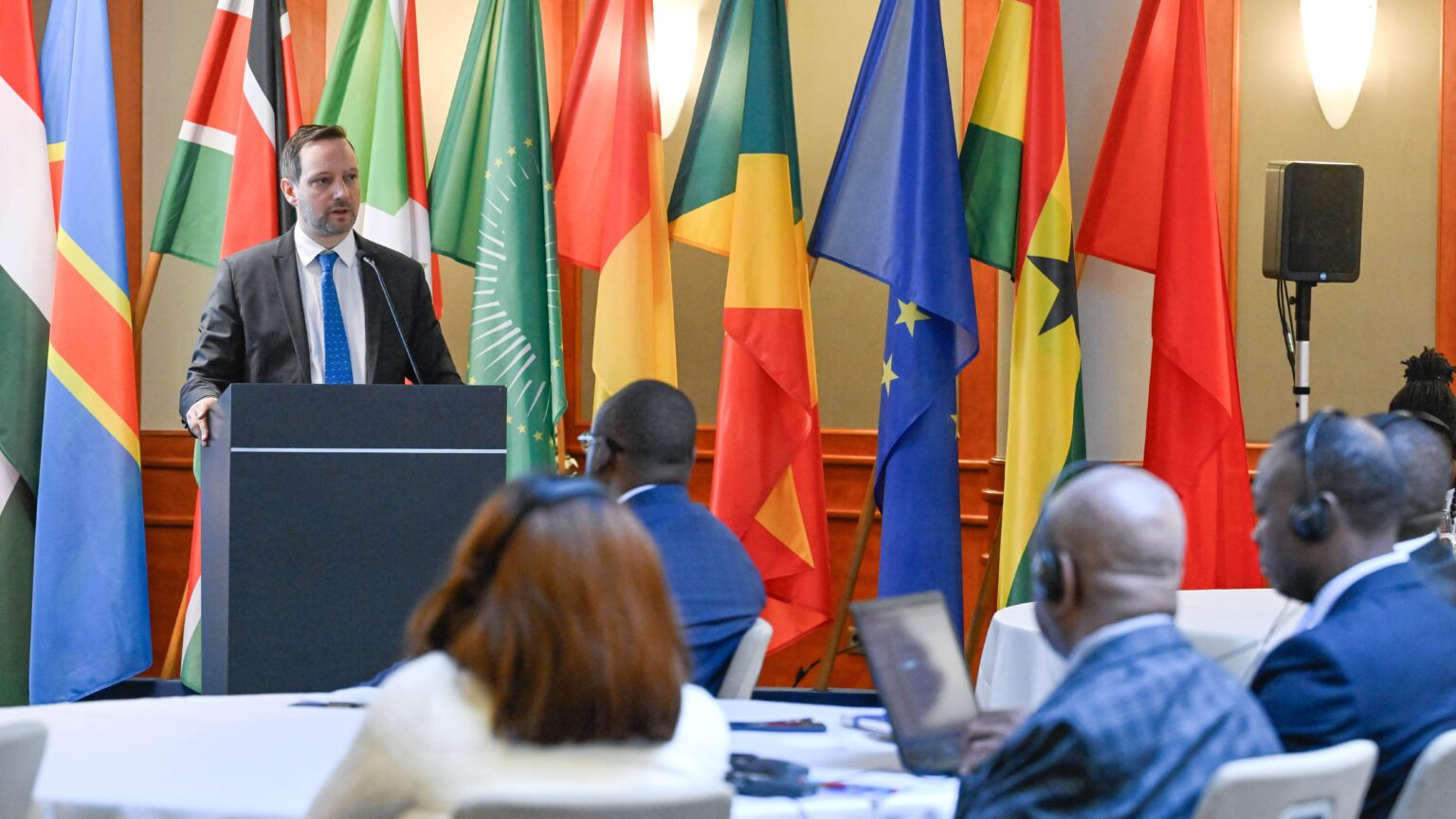
‘In this sense, we can now observe an interesting process in which the Hungary Helps model converges with US state objectives. The pivot of a small, semi-peripheral nation towards a distinctive approach to international aid preceded that of the United States, long regarded as being at the forefront of organizational innovation.’

US Representative Alexandria Ocasio-Cortez, one of the most recognizable figures of the progressive wing of the Democratic Party, has been mocked for her performance at a panel at the Munich Security Conference. She followed that up by mistakenly claiming that Venezuela was below the Equator during an interview at a Berlin university just a few days later.
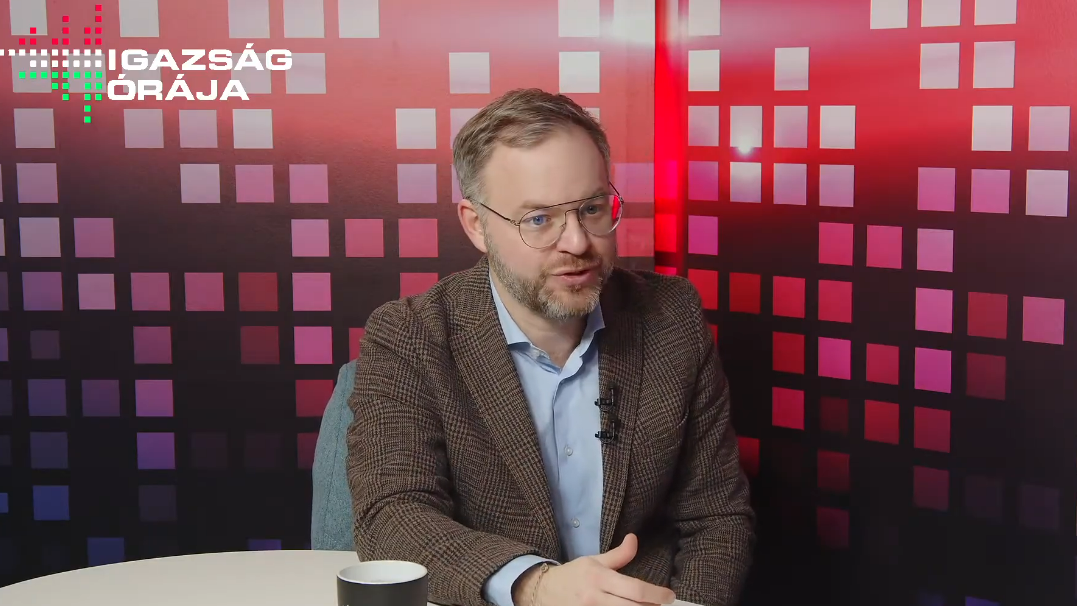
Political Director to the Prime Minister of Hungary Balázs Orbán has said in a recent podcast appearance that US Secretary of State Marco Rubio’s visit underscores Washington’s strategic alliance with Hungary, rooted in the strong ties with Prime Minister Viktor Orbán. He argued the US supports Hungary’s success under the current government, while dismissing European criticism of Secretary Rubio’s visit.
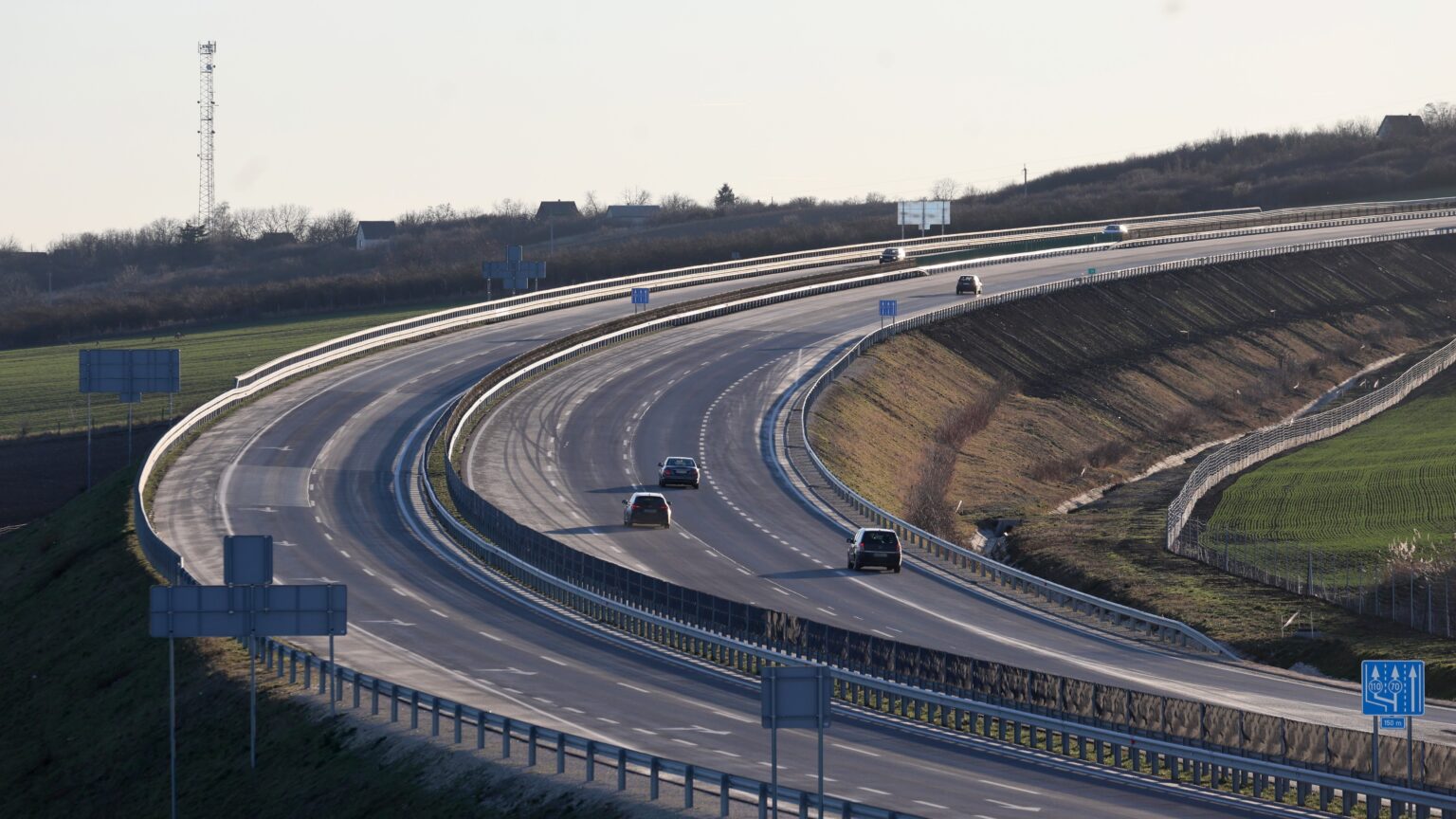
Hungary has achieved its greatest infrastructure progress in expressway development in recent years, catching up with Austria, State Secretary at the Ministry of Construction and Transport Nándor Csepreghy said at a road junction inauguration in Jászberény, while pledging further rail and feeder road upgrades.

A transgender gunman opened fire on his own family during a high school hockey tournament in Rhode Island on 16 February, killing two people and critically injuring three others before taking his own life. The attack follows several recent North American cases involving transgender perpetrators, adding to concerns about a growing pattern of extreme violence.
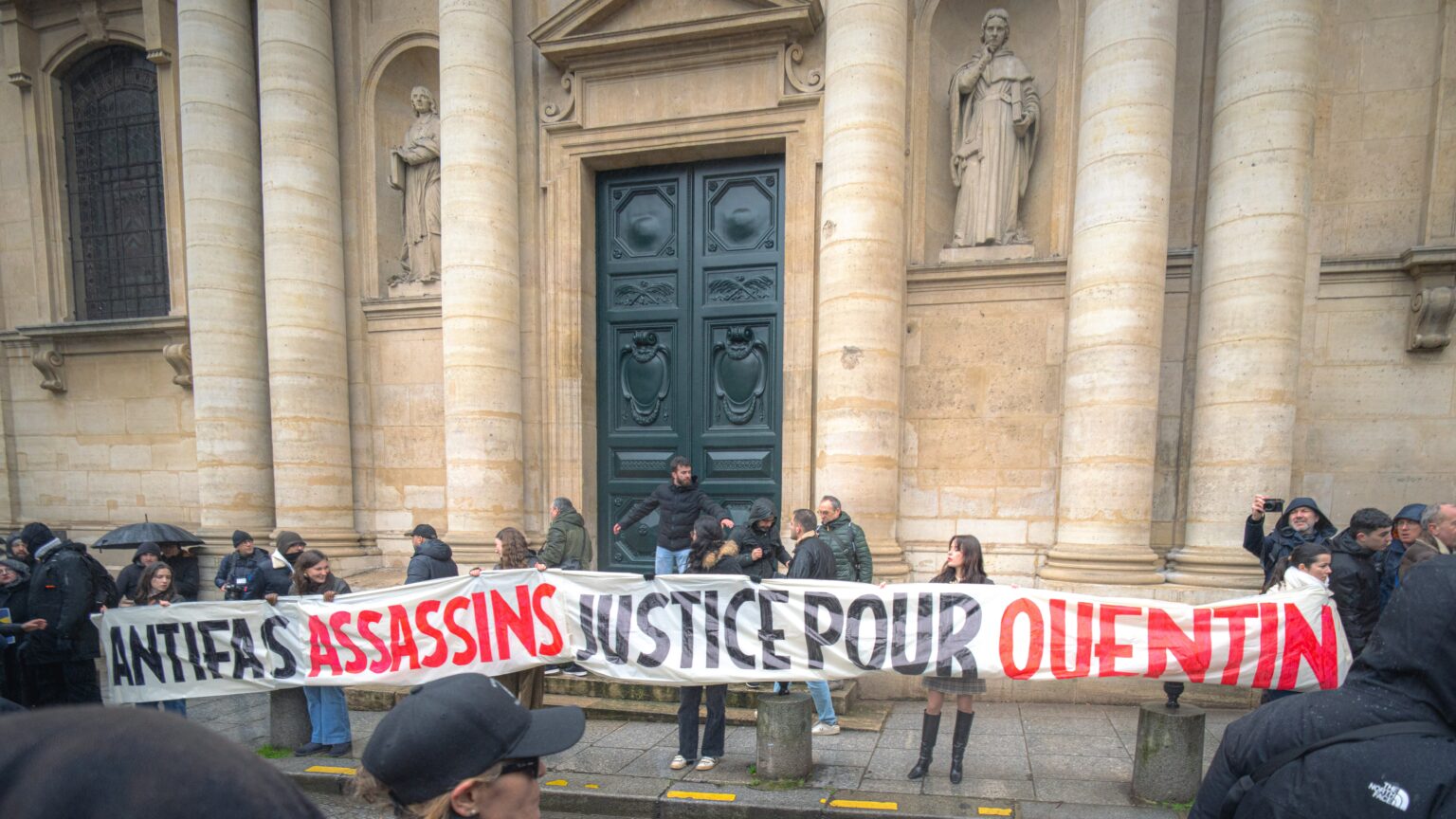
‘The radical leftist kills the right-wing man; the moderate leftist is content to applaud.’
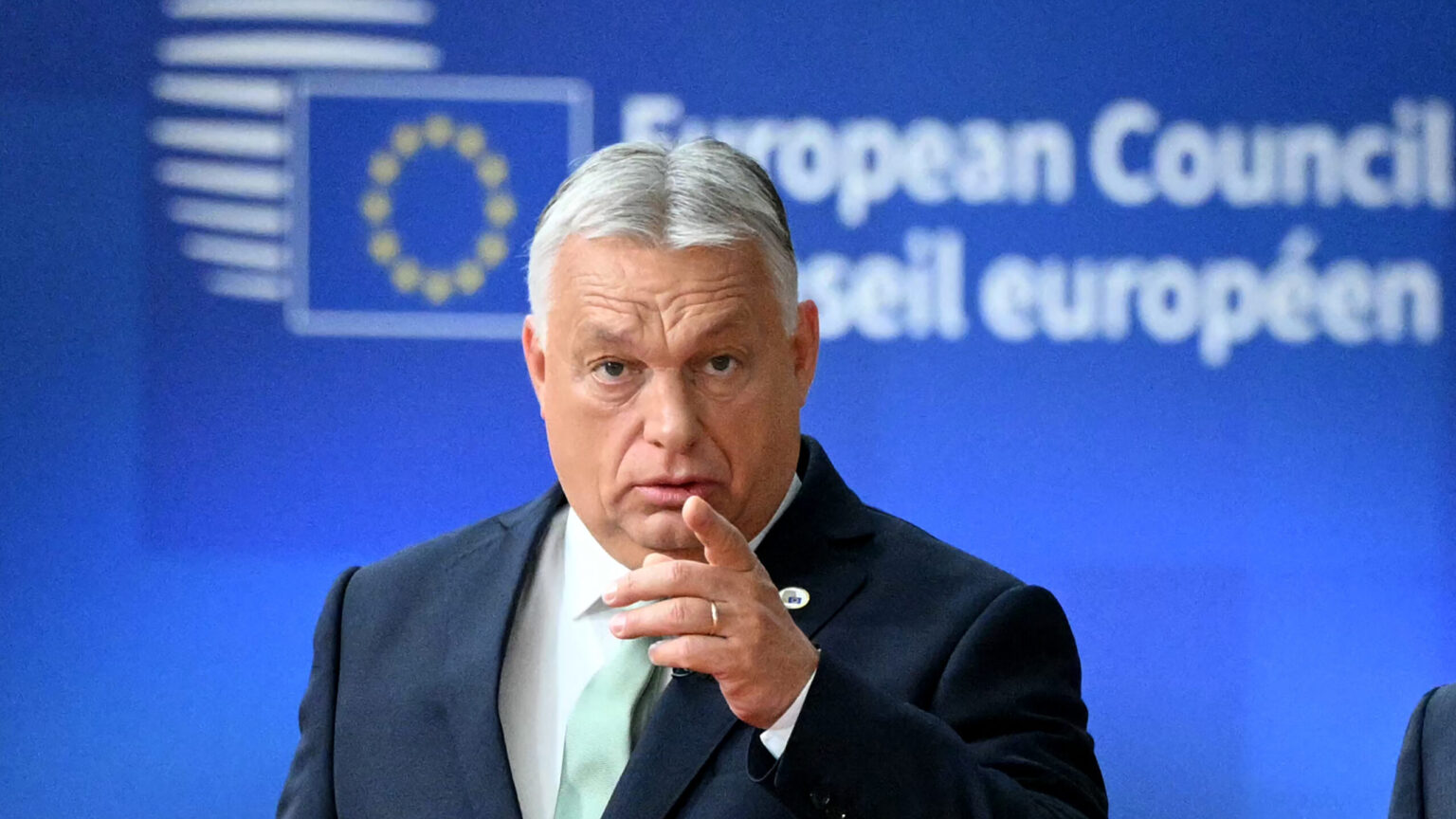
Hungarian Prime Minister Viktor Orbán’s Fidesz–KDNP alliance would win comfortably if elections were held this Sunday, according to a new poll by the Center for Fundamental Rights. The findings suggest the governing parties have stabilized their lead ahead of April’s vote, reinforcing momentum built on geopolitical firmness and perceptions of steady governance.
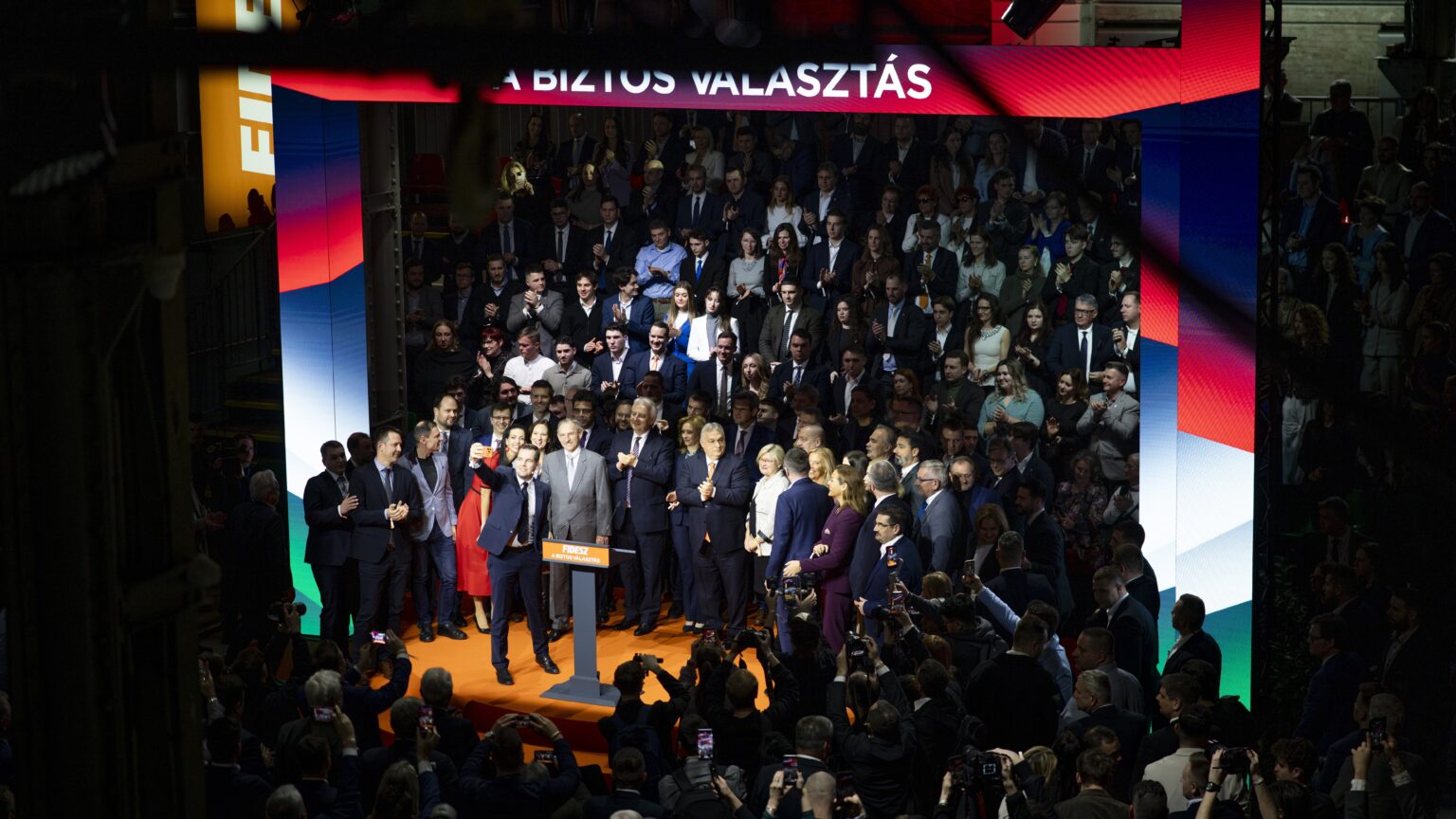
Senior Fidesz–KDNP politicians presented their national list in Budapest, highlighting what they called historic achievements and framing the April election as a choice between national sovereignty and foreign influence, while sharply criticizing their opponents.

Researchers at the University of Szeged have reported significant advances in drug research and development following a four-year programme backed by 1.6 billion forints in state funding, including new bioactive molecules and innovative delivery methods.
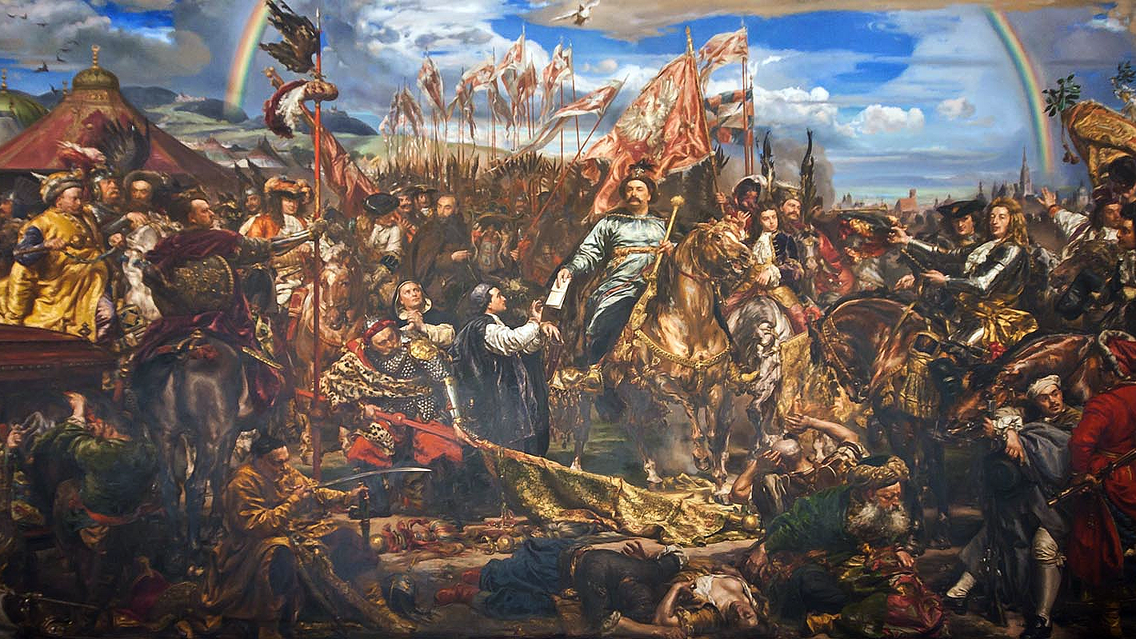
‘As in other European nations, sex crimes have skyrocketed in Austria. According to one report: “Hardly a day goes by without reports of sex attacks” at the hands of migrants. After Afghan migrants assaulted and tried to rape a blonde woman, police responded by advising her to dye her hair black.’
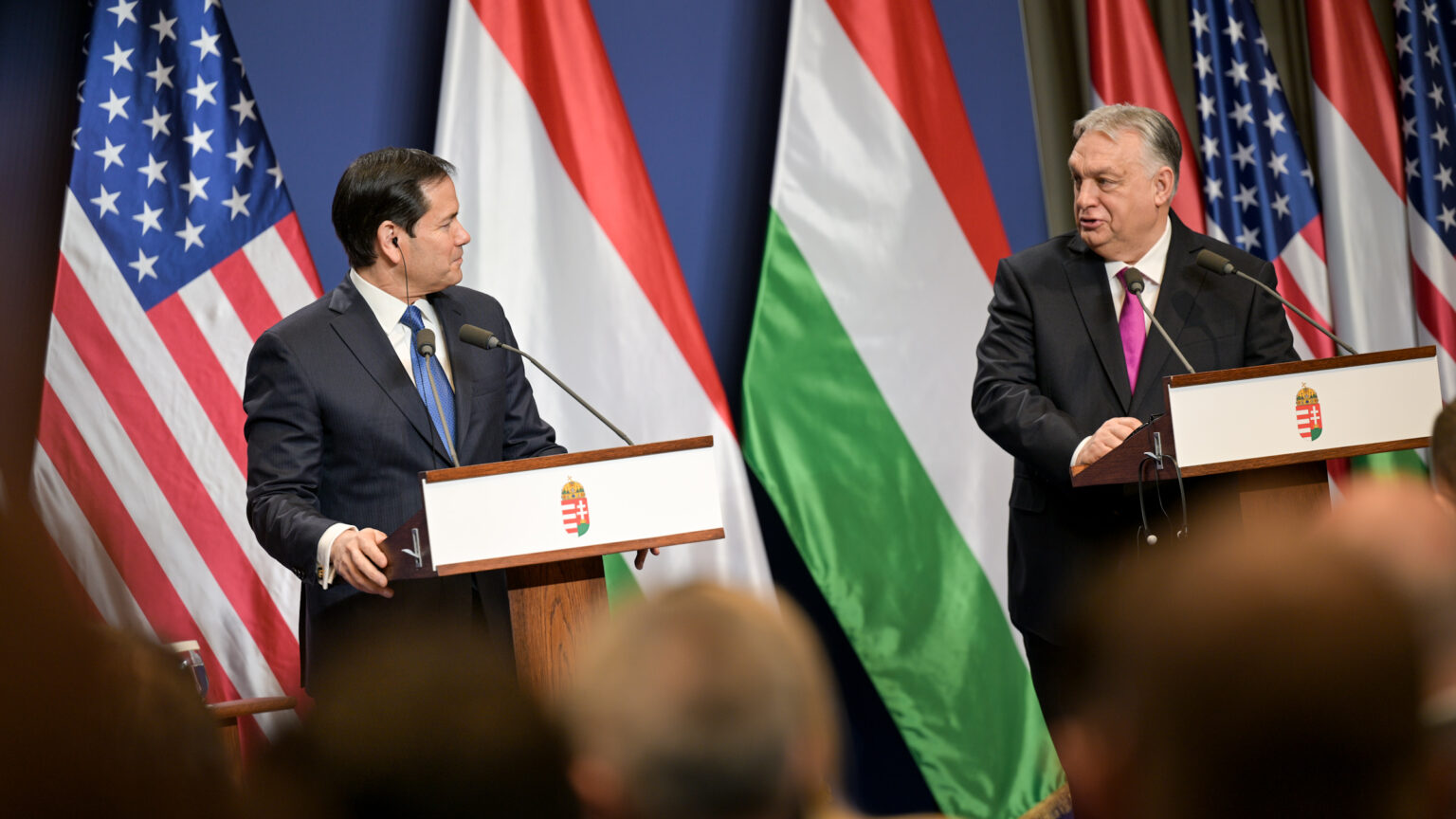
Standing beside Viktor Orbán in Budapest, Marco Rubio praised the Hungarian prime minister’s role in advancing US interests and pledged a financial protective shield for the country, saying Hungary should thrive ‘as long as you’re prime minister’. The remarks, coupled with the signing of a key nuclear deal between the two countries, signal firm support from the Trump administration ahead of Hungary’s closely watched April elections.
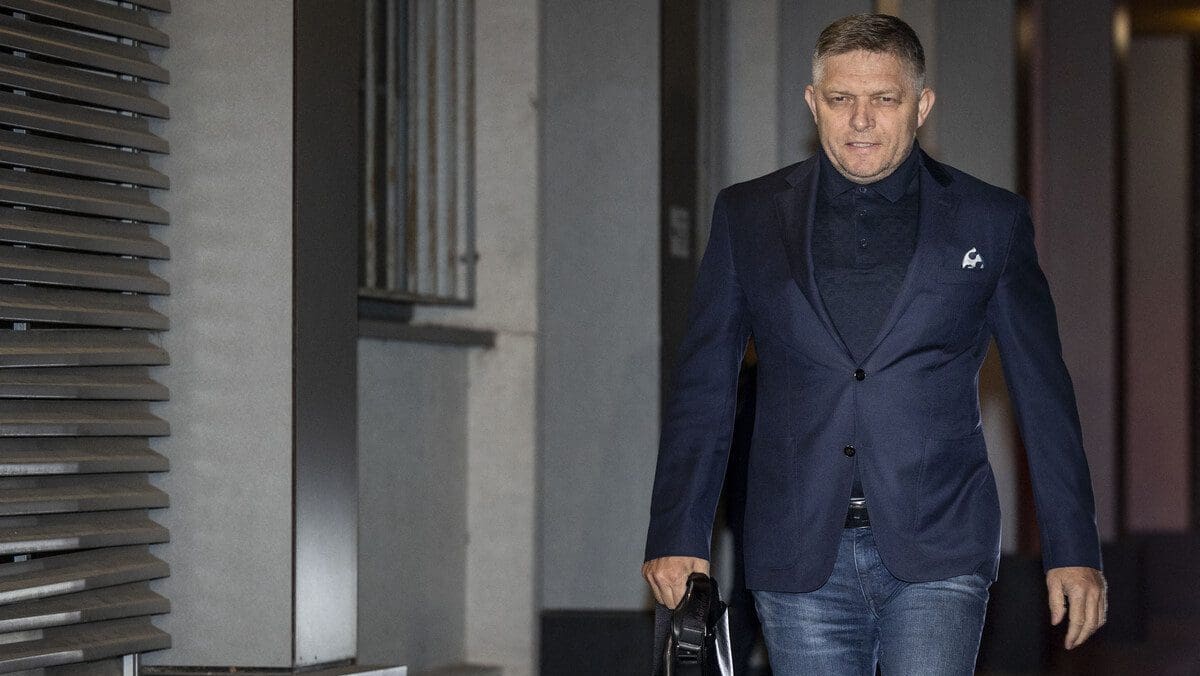
At a joint press conference with US Secretary of State Marco Rubio, Prime Minister Robert Fico of Slovakia has claimed that he considers the Ukrainian government’s delay in restarting the Druzhba pipeline ‘political blackmail’ against Hungary to force Budapest into agreeing with Ukraine’s EU accession. The Druzhba pipeline transports Russian crude oil to Europe.

For Presidents Day 2026, here is the continuation of our website’s subjective ranking with five more of the best and five more of the worst Presidents to serve as Commander-in-Chief of the United States.

Mercedes-Benz saw its net profit fall by 49 per cent last year amid weak sales in China, tariffs and currency pressures, while also recalling nearly 12,000 EQB electric vehicles in the United States over battery fire risks. To ease the pain, the company is investing more in its Kecskemét plant in Hungary.
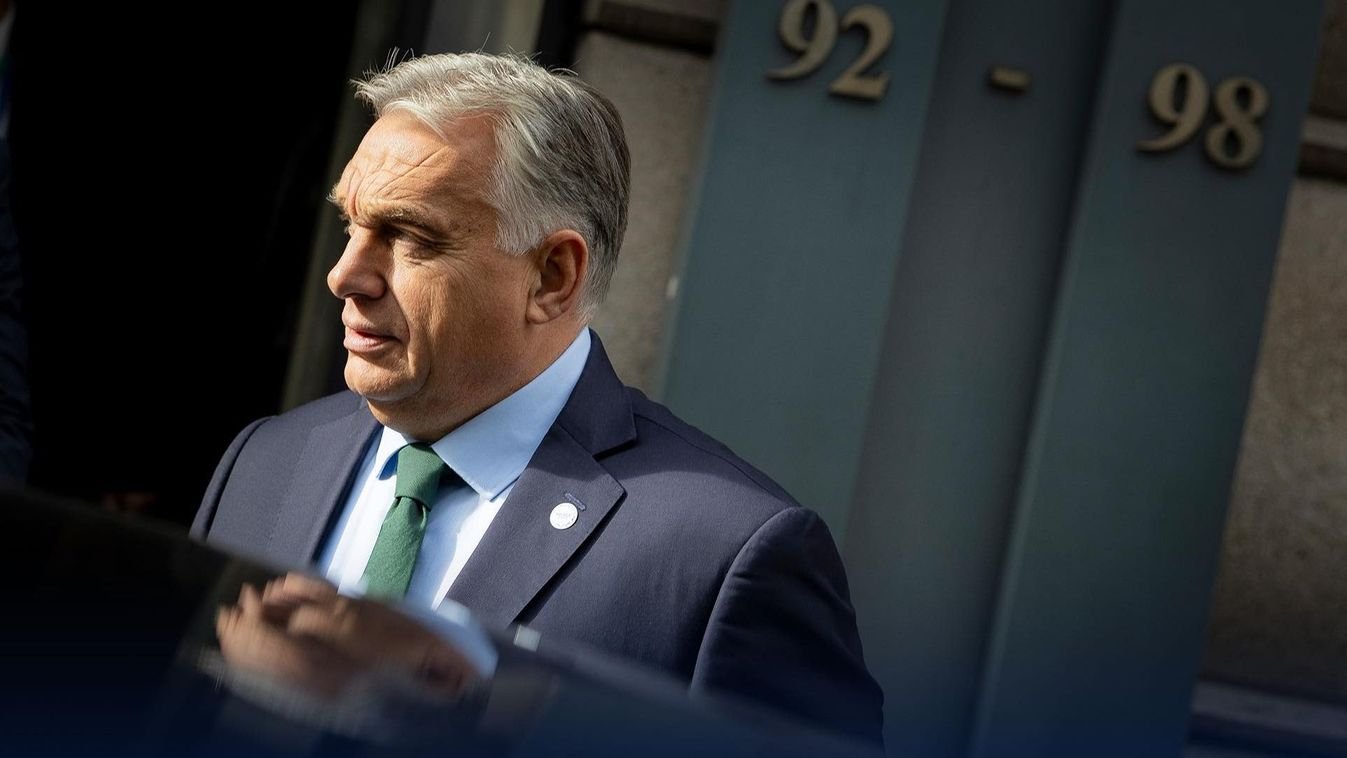
Volodymyr Zelenskyy sharply criticized Viktor Orbán for blocking Kyiv’s EU accession during remarks at the Munich Security Conference, intensifying an already strained relationship between Ukraine and Hungary. In response, the prime minister condemned the political attacks directed at his government ahead of the parliamentary vote in April, stressing that Kyiv is directly interfering in Hungary’s electoral process.
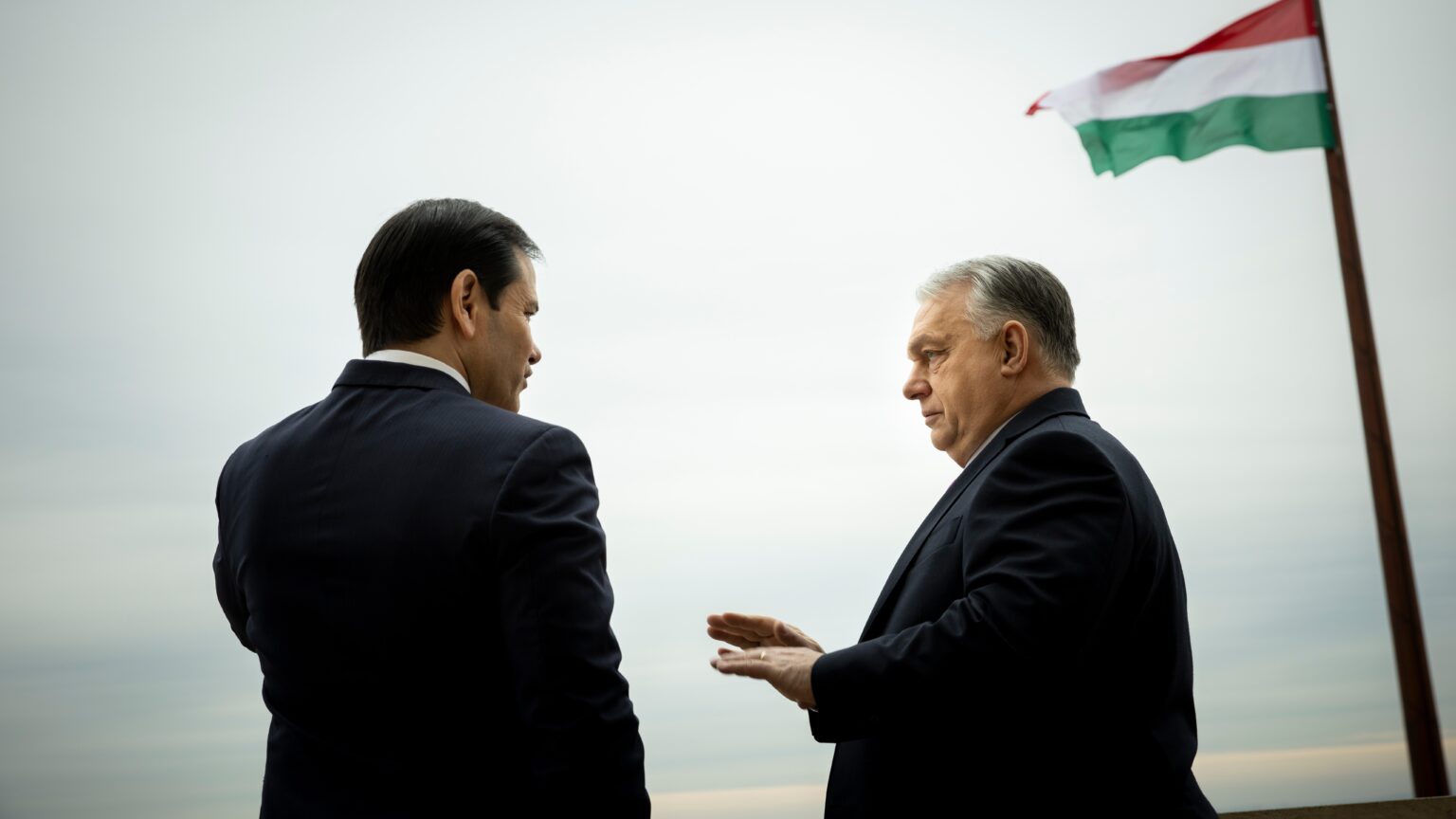
Prime Minister Viktor Orbán expressed support for US-led peace efforts in Ukraine during talks with Secretary of State Marco Rubio in Budapest, where the two sides also signed a nuclear energy cooperation agreement.
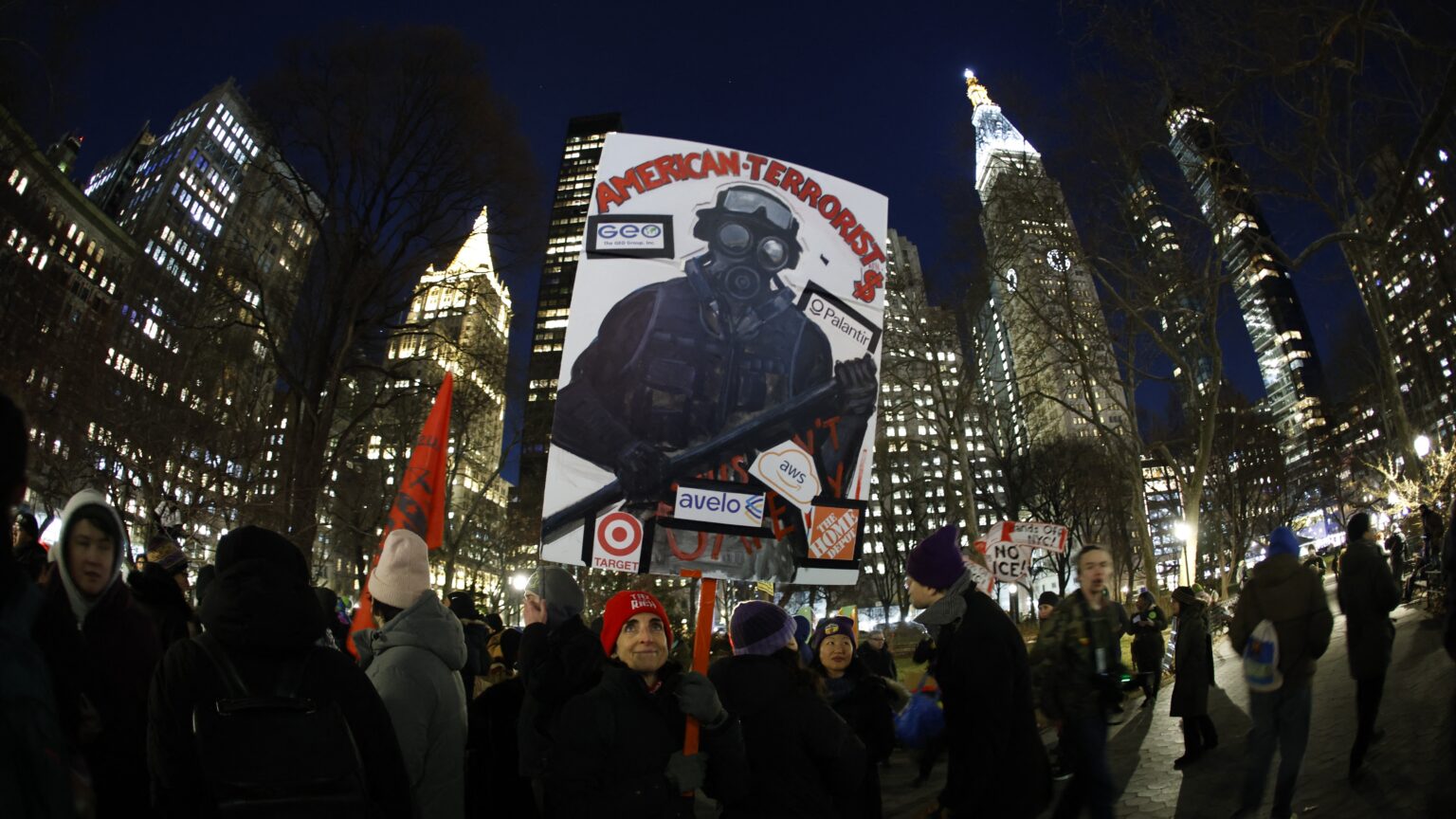
‘The immigration issue poses immeasurable challenges to our continent—not only financial and demographic, but also cultural. We must be honest: many migrants in Europe have brought with them cultural norms that are not compatible with Western societies. The treatment of women is one clear example.’

Dutch conservative influencer Matthias Victorian, known as Code Victorian, has emerged as a rapidly growing voice of Europe’s new right, blending traditional aesthetics with unapologetic nationalist politics. Speaking in Budapest, he warned that mass migration, cultural decline, and ideological division threaten Europe’s very survival—making Hungary a rare stronghold of civilizational resistance.
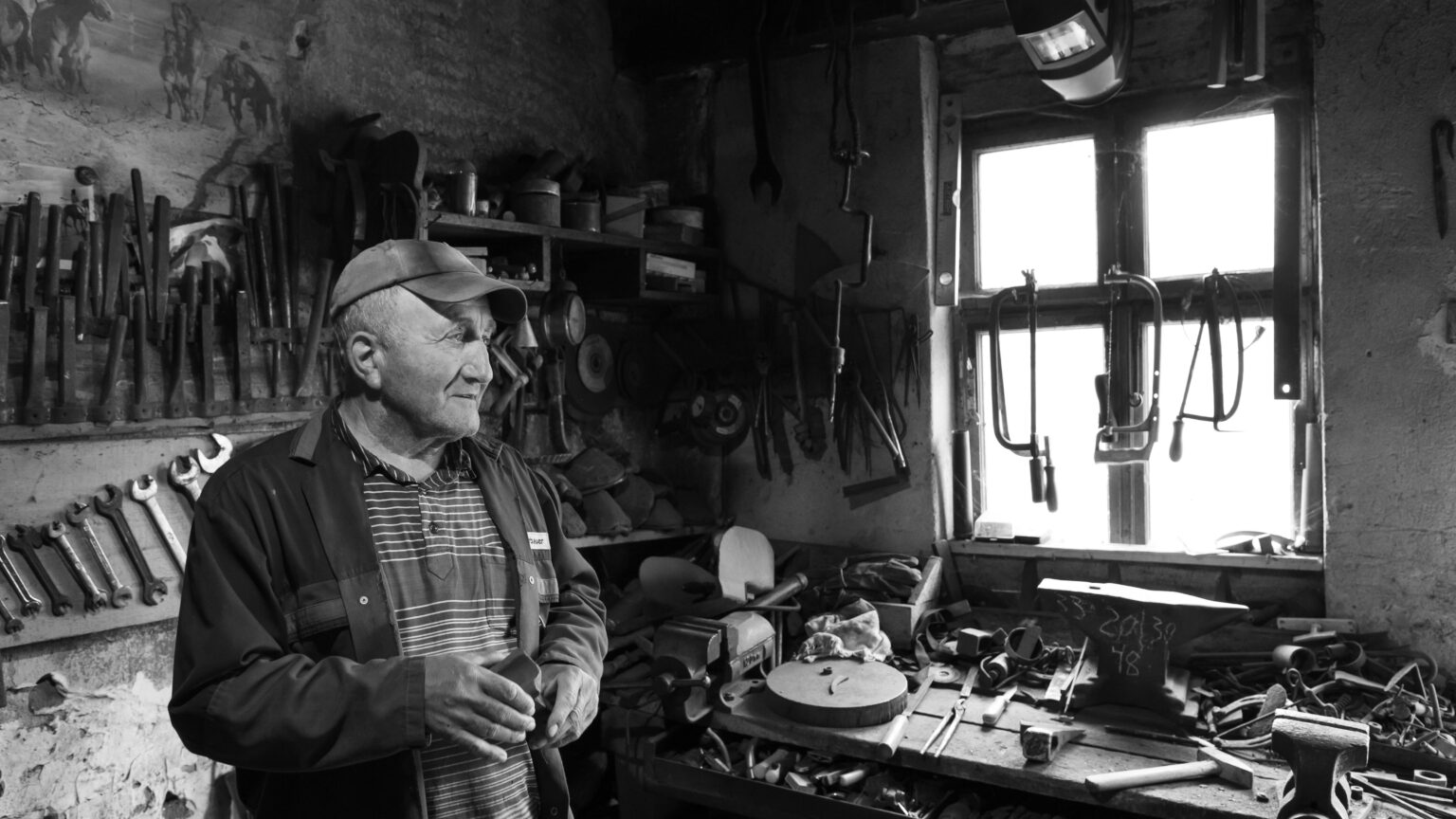
A survey by the Nézőpont Institute and Hungary’s public media found that 74 per cent of respondents support the 13th-month pension, and two-thirds consider the utility price cap a responsible government decision.

US Secretary of State Marco Rubio arrived in Budapest on Sunday for talks with Hungarian leaders, including the signing of a nuclear energy cooperation agreement and discussions on bilateral ties and efforts to achieve peace in Ukraine.
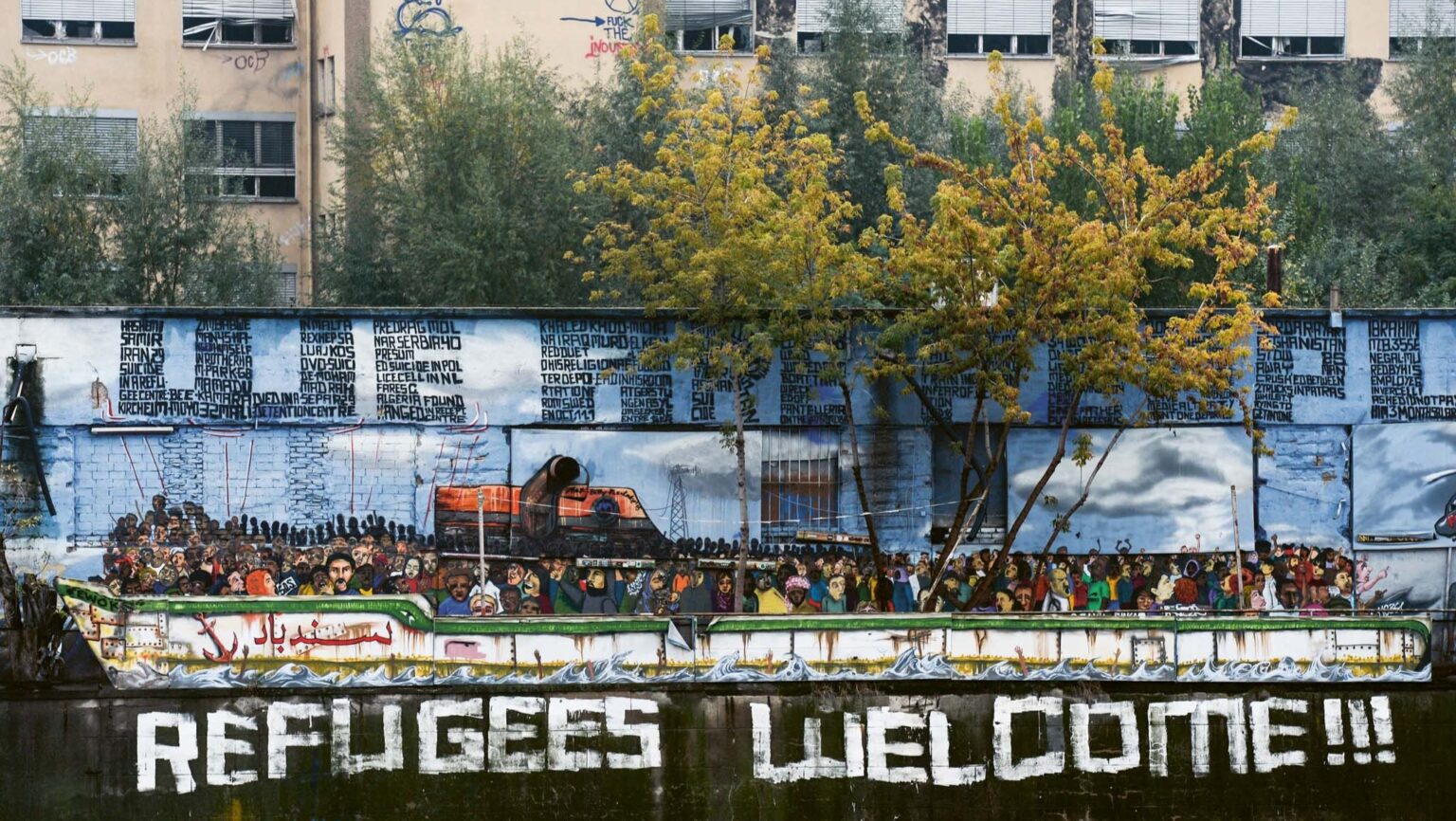
‘The Germany in which Hungarians still believe—or try to believe—long drew its strength from the “economic miracle” built by earlier, hard-working generations. The prosperity stemming from that achievement still endures, but its nature has changed. There is no question of outright impoverishment, yet this prosperity now seems to have stalled, and little real progress is being made.’

‘Ukraine’s agile innovations and Russia’s scaled standardization both demonstrate how gaming culture can bolster sovereignty against aggression, yet unchecked, it threatens to dissolve the human element in warfare, turning soldiers into avatars in a perpetual virtual arena.’
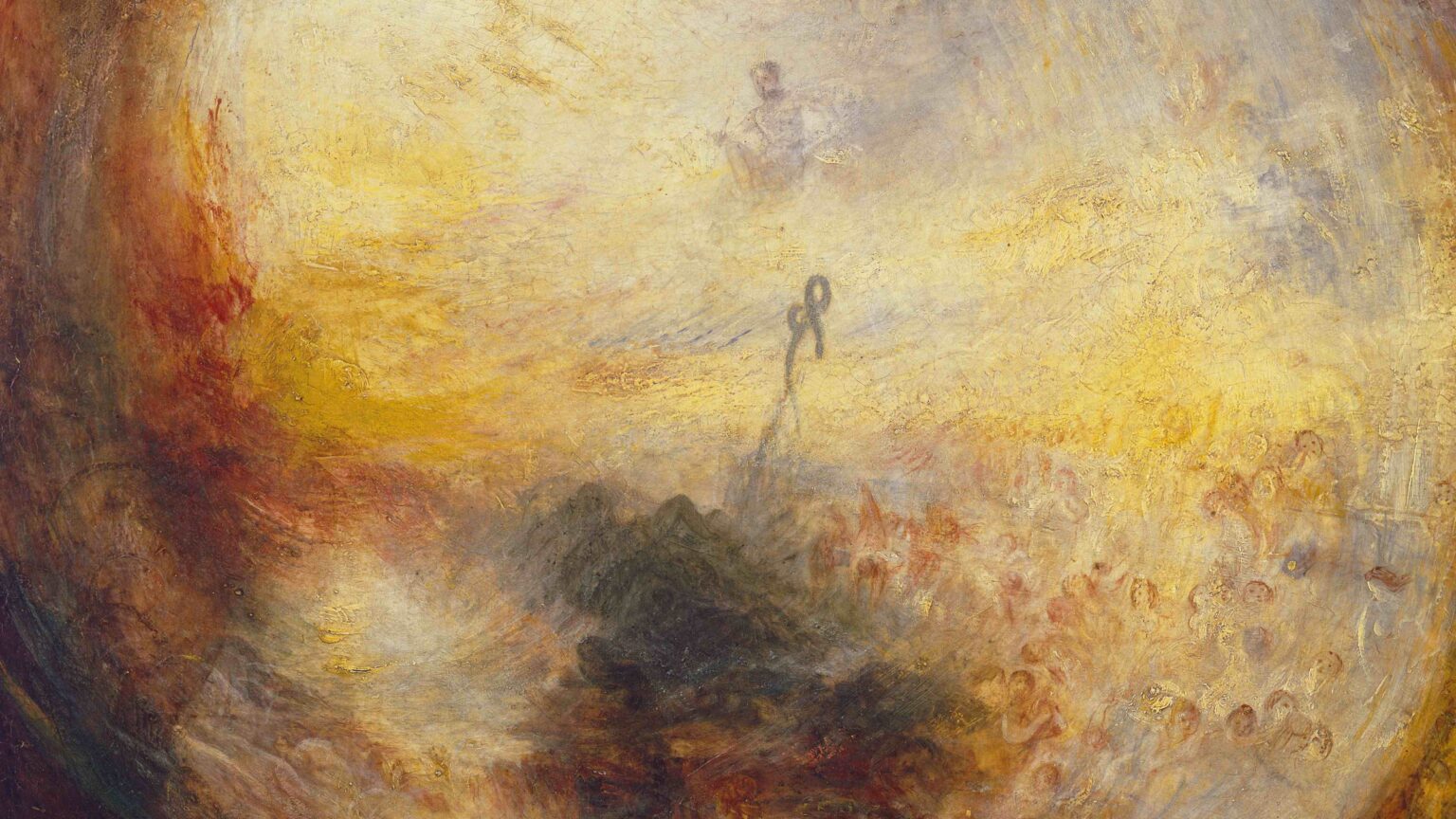
‘This genuine, organic conception of evolution stands in full harmony with a spiritually grounded understanding of the universe. Just as society unfolds its latent traditions, and a seed unfolds the tree inherent within it, so the entire created world unfolds from the infinite possibilities of the Principle.’
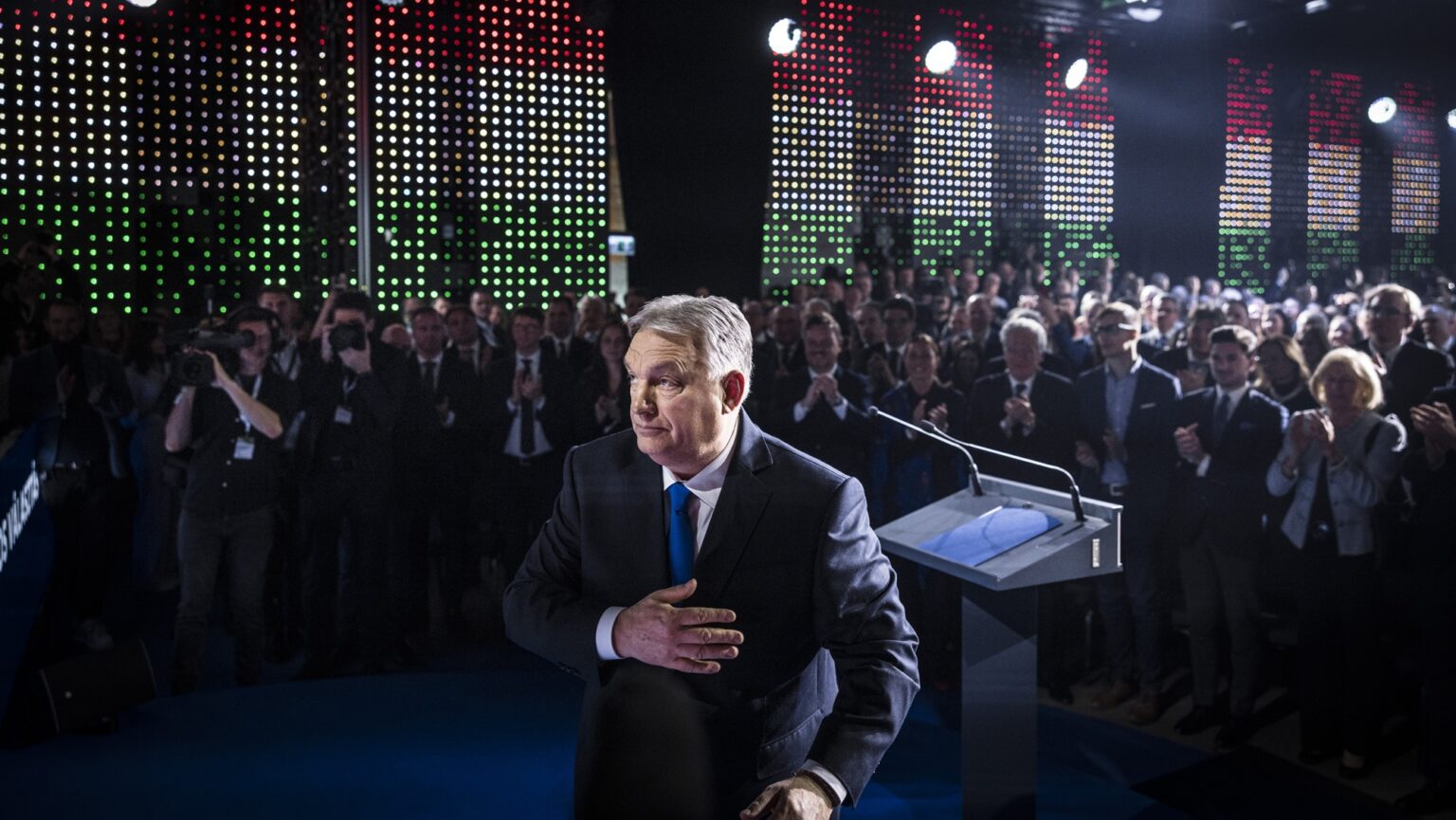
At his annual State of the Nation Address, Prime Minister Viktor Orbán of Hungary stated that the oil business, the banking sector, and the Brussels elite are trying to form a government in Hungary through the opposition Tisza Party. If they were to succeed, international corporations would siphon billions of forints out of the country, hurting Hungarian families, he warned.
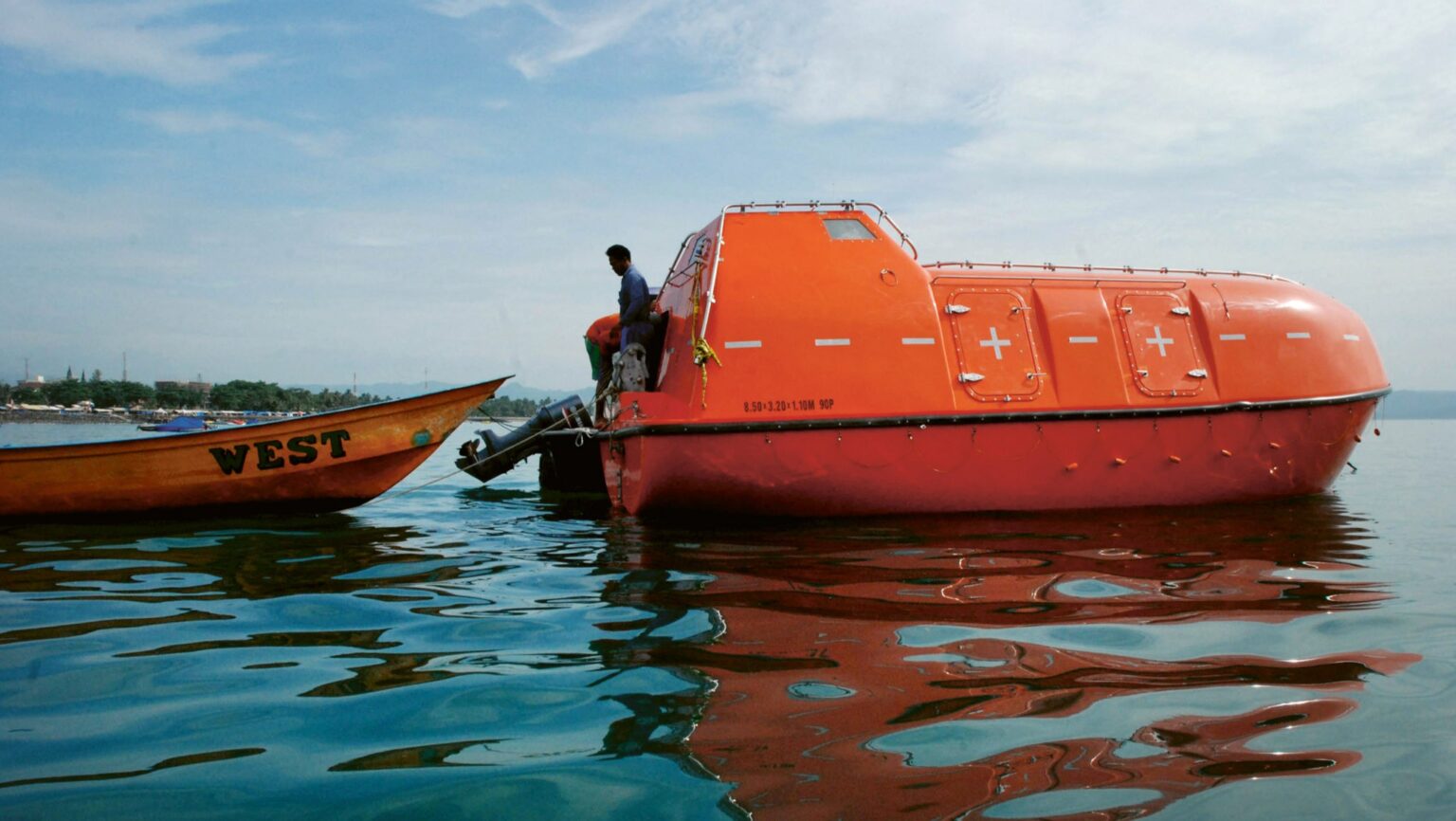
‘Almost nothing engenders more pride in Australia than someone from an obvious migrant background, speaking with a broad Australian accent, succeeding in something that reflects well on our country. But that means migrants who see Australia as a place to be committed to, rather than simply to be taken advantage of.’